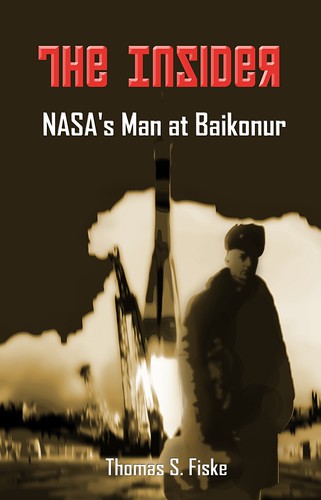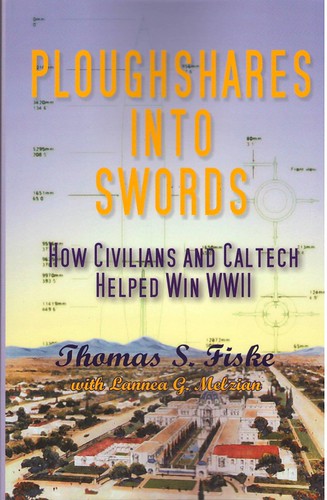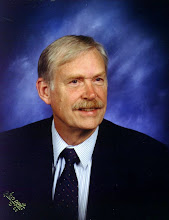
As I was writing yesterday’s post to this blog, I wondered who would be upset when my book, The Insider comes out. This is the actual story of NASA’s man who spent nine years flying into and out of the USSR during the Space Race and the Cold War. He was a space medicine scientist who was successful at keeping Soviet cosmonauts alive. He was a physician, a scientist, an inventor, and a serious man. That is why I believed my friend Tad when he told me about his adventures.
Seriousness aside, I checked his story. He had told me that on his return trips he had to be debriefed by two US Intel agencies. I found that he was attached to the NSA and the CIA for those nine years, according to their own records. The Department of State had absolutely no information on Tad except for one small document it had forgotten to purge. NASA had piles of information on Tad about his medical work in micro-gravity conditions, but it had no information about his travels to the USSR.
Tad had been a guest of the USSR at the invitation of Premier Krushchev. I wrote to authors of various books and articles about the Space Race and about “inside” information on the NSA and CIA, and I also wrote to one descendant of Premier Krushchev who knew a great deal about the USSR in those days. To date no one has told me that I am nuts. Most have said, “I didn’t know. Give me more details.” A copy of a letter from the NSA usually convinced them.
So now, as I finish my book on Tad, I wonder about the people I am going to offend. At least two countries are involved, of course: the US and Russia. Let’s look at Russia first.
Apparently, the Russian people know almost nothing about any assistance from the West. It appears from what I have read that the Russian people do not know about America’s Lend Lease program of the early 1940’s. In that program America supplied the Russians with aircraft, guns, ammunition, food and other supplies with which to fight the Germans. The Russian people do not know they were assisted in “The Great Patriotic War,” even sixty or more years afterward. The Russian people were not told the name of their space program manager until about 1985, when he died. His face was never shown on any Soviet TV, his name was never mentioned. Certainly, the Russian people do not know they were assisted in their space program by their chief competitor, the United States. Once the Russian people find out we helped them, they might be angry at their own leaders.
What about America’s allies? They might be offended when they find out we helped the USSR and didn’t tell them. More than that—we lied to our allies about what we knew. I doubt that we have come clean because no one seems to know about Tad. Of course authors of books and magazines and news articles in other countries will feel duped.
And in America, itself, there may be problems. President John F. Kennedy began this program a few months before he was killed. President Johnson and President Nixon continued the program and did not tell Congress. Those presidents lied to the US press and to the Congress in order to keep funds flowing for the space program. It may not have been a space race after all. Congress consists of the biggest bunch of blabbermouths in the US. If Congress people had known about Tad the world would have known about Tad, right after the Congress people were sworn to secrecy. There is no reason to think that NASA ever knew that Tad, formerly one of their own, had been in the USSR.
Several, if not all US Intel agencies knew about Tad. People in those agencies are all retired now and many have died. Newer members of the agencies don’t care about something that happened forty years ago. They have enough trouble with today’s problems.
Well, US Intel agencies might care to this extent: Tad’s trips to the USSR during the Cold War era were an intelligence coup. When my story is printed and people realize what the Intel people have done while claiming they didn’t even know where the Soviet secret launch was, they should have more confidence in these shadowy agencies.
Of course, there are American authors and former Soviet people in this country who write articles and books—they are sure to be embarrassed when the truth comes out. They have already commented on President Kennedy’s offer to share information on space medicine and have said that the offer was refused. Too bad for them.
But the people who really care the most about this story probably are those who make up the US president’s office. I suspect (but do not know) that President Kennedy promised Premier Khrushchev that the US Government would never tell the Soviet people that we helped them in the Space Race. There is, according to the CIA, a file on TAD that has a presidential seal on it. That means the file is exempt from the Freedom of Information Act laws.
Also, it may be that the US President does not want the US Congress to know that a previous president failed to report to Congress that we had a man in the USSR during the Space Race.
I sure would like to see that file. I have written to two presidents and asked to have a look. I even asked my congressman to ask the President. The President has not honored my request.
When Tad told me his story, he was dying. He has been gone for almost seven years. To my way of thinking he was a great American hero, a brave man who ventured into the Soviet Union without protection. He did it not once but many times during the Cold War, even when there was a sudden change in Soviet leadership in 1964 and he did not know whether he would be arrested. But by then he had many friends among the Soviet scientists and cosmonauts, and maybe they had enough pressure to protect him. We will never be certain about that, only that Tad went when he was called.


